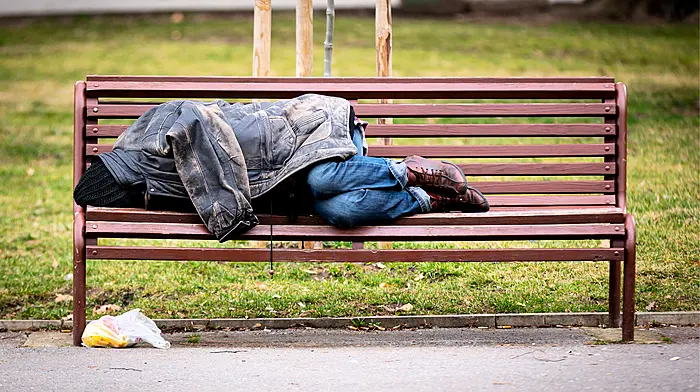The Fastnet Film Festival kicked off on Wednesday last week with a documentary on the history of the Irish Film Censor (since 2008, the weight of the work falls under the remit of the less gloomy ‘Classification Office’).
Before that and since 1923, Ireland has enjoyed the moral protection of nine censors, all men, though thankfully they have held a dramatically looser grasp of the conservative reins in the latter years of the role.
The film is both funny and quietly chilling; it was the movie reviewer Ciaran Carty who started timing the films he was viewing by his watch, and noticed that the movies were markedly shorter than the advertised running length, discovering this was a result of the censor’s cuts.
We can deduce that the ordinary audience, while perhaps confused by the resulting nonsensical film, was probably unaware that they were being ‘protected’ from the immoral monsters of film.
The Church’s grip waned quickly once it was shook off, and from about the mid-60s the changes came thick and fast until the Ireland of today, where there is a landscape of almost unparalleled freedom of expression.
In Ireland, you can be a vitriolic racist, or you can be a vocal defender of abortion rights, or euthanasia - all of these rights of expression are protected.
You can even display the swastika if you like (though you may be questioned under the Incitement to Hatred Act for that one).
Freedom of expression, however, does not mean freedom from the consequences of that expression: you can be a vocal racist, but you don’t have the right to necessarily keep your employment at the same time. C’est la vie.
However, recently The Southern Star carried a fairly benign feature article.
Some of those the newspaper spoke were reluctant to use their names, because they were employed by American companies and were not sure they could speak; this was not a political article, or even a news article, yet they felt it was better to stay silent.
In another recent exchange, a source who was speaking on the Palestinian genocide felt they could not go on the record, because they are in the process of changing jobs and didn’t want to potentially scupper their chances as a ‘troublemaker’ (not in this case, it should be noted, for a US company).
It is telling that in each case, the source’s rationale was understood perfectly without too much explanation.
All of these people are living and working on Irish soil, and even if they are not technically gagged, they’re living in a time and place where they thought they were, even just a little.
The American Library Association has documented a surge in the number of books being challenged and banned; the Texas House of Representatives are, right now, on their way to pushing through legislation to have the 10 commandments displayed in every classroom.
Across the water, conservative thinking, deeply conservative thinking, is insisting on dragging everyone backwards with them.
Back here though, we are (as yet) safe from being thrust back into a Handmaid’s Tale of laundries and mother-and-baby homes.
Nevertheless, it is a little disheartening to see that, as the Fastnet Film Festival celebrated such success last weekend, just three people were at a screening of an Irish-shot film in Clonakilty cinema on Sunday evening.
If our predecessors had to fight and fight to be allowed to watch what they wanted, and furthermore, for Ireland to now be a destination to make films, why are we not supporting that culture?
What was the fight for – to give us the freedom to sit at home, and watch American movies?










